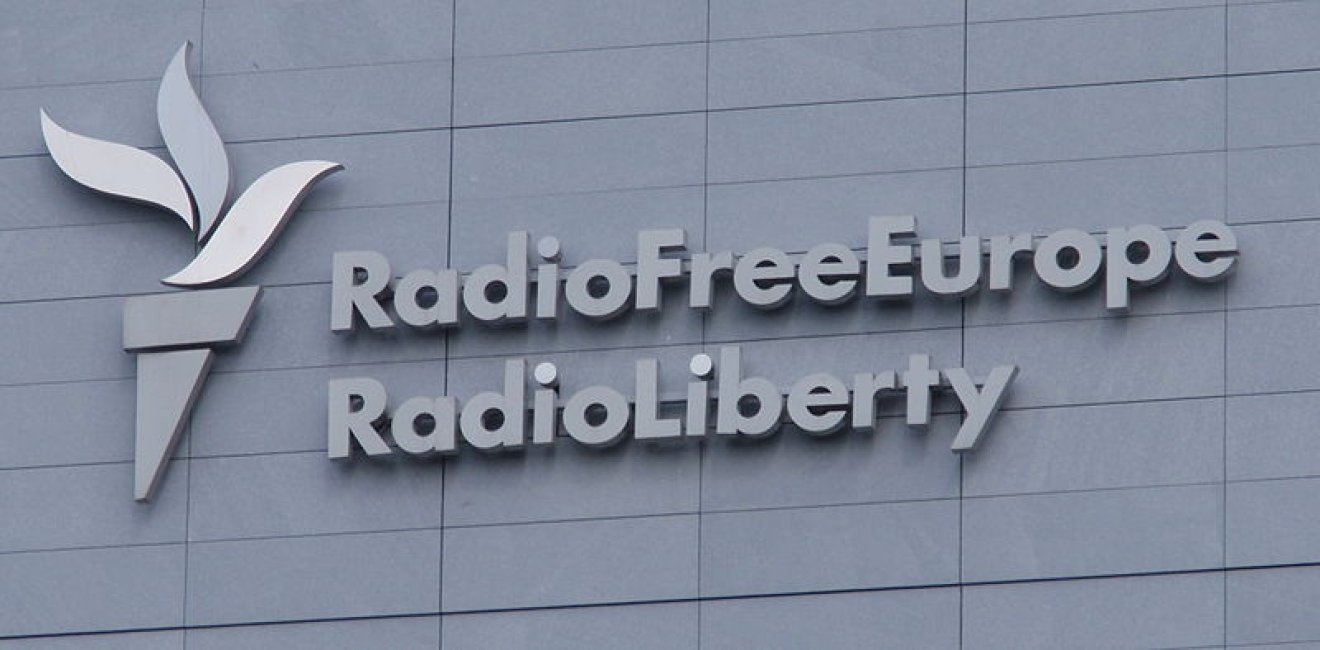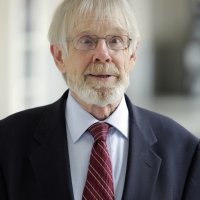New Radio Free Europe Document Release
New documents obtained by A. Ross Johnson on the controversial early years of Radio Free Europe.
New documents obtained by A. Ross Johnson on the controversial early years of Radio Free Europe.

Officials of the British Broadcasting Corporation went on four fact-finding visits to Radio Free Europe's headquarters in Munich during the 1950s. The two newly released documents below contain their candid assessments and recommendations for the new broadcaster.
“We concluded from our visit that while we could give Radio Free Europe technical assistance whenever practicable... we should avoid any form of association in public.”
12 pp. - RFE/RL Corporate Records, Hoover Library and Archives
July 16, 1951 – This first document records the observations of BBC managers two months after the start of RFE broadcasting from Munich on May 1, 1951. It includes their analysis of the Czechoslovak Service broadcasts on May 26, 1951, and of the network of field bureaus to gather information from refugees. They lauded the enthusiasm of RFE broadcasters but criticized their programs for mixing opinion with fact in newscasts; denouncing Communist collaborators with little evidence; and ignoring policy restraints on content and tone of presentation. The BBC would keep its distance. “We concluded from our visit that while we could give Radio Free Europe technical assistance whenever practicable as to an ally using different weapons in a war which is in part our war, we should avoid any form of association in public.”
54 pp. – UK National Archives, FO 1110/853
February 1956 – The second document records the analysis of RFE news operations by BBC Central European Service director Gregory Macdonald, who visited Munich from January 8 to January 23, 1956, at RFE’s request. It is accompanied by notes from the British Foreign Office and its Information Research Department. Macdonald had been asked by RFE officials to assess the objectivity and organization of the newscasts. He noted that in general RFE had evolved from its initial exuberance and settled down for the “long haul.” But he found a continuing tendency to polemics in newscasts, mixing of comment with news, blurring of press reviews with news, and inconsistency among the individual broadcast services’ newscasts, due in part to the autonomy of their news desks. He offered fifteen recommendations for RFE management, all focused on strengthening the editorial role of the Central News Desk.
RFE would in fact implement many of these recommendations as it reorganized its central news operation in the late 1950s under the leadership of veteran journalist Gene Mater.
[Click to view the complete collection in the CWIHP Digital Archive]


The Cold War International History Project supports the full and prompt release of historical materials by governments on all sides of the Cold War. Read more


A leader in making key foreign policy records accessible and fostering informed scholarship, analysis, and discussion on international affairs, past and present. Read more
